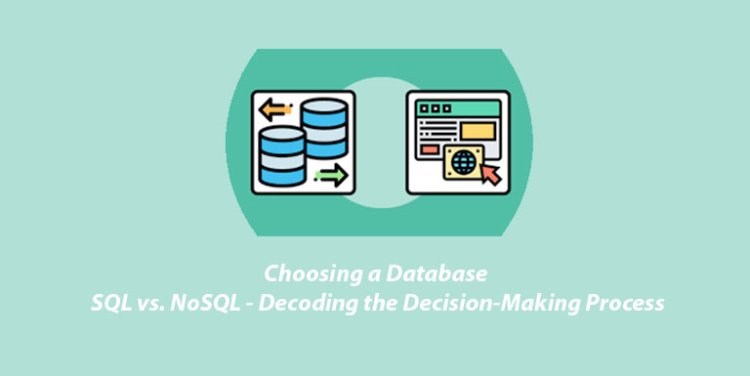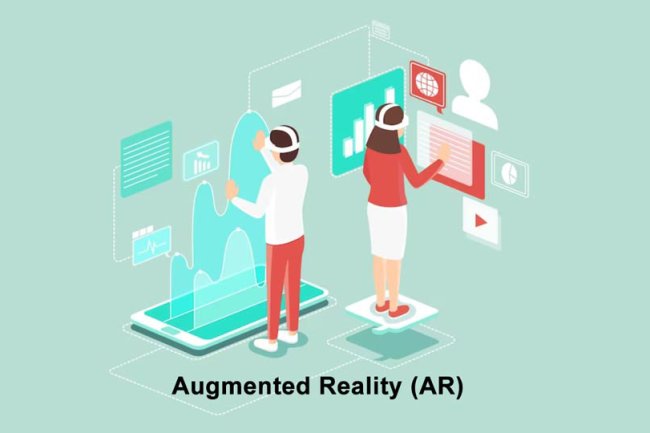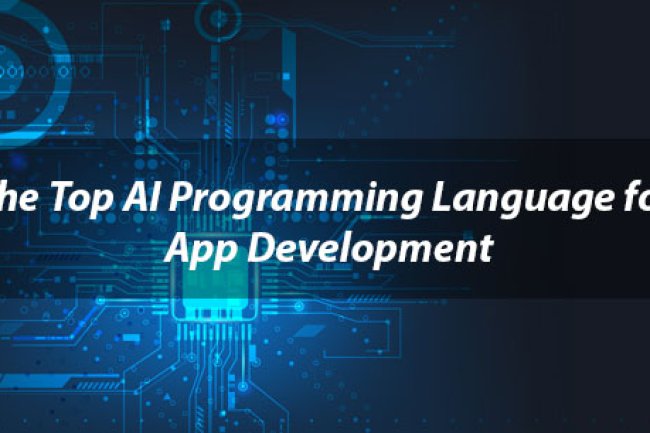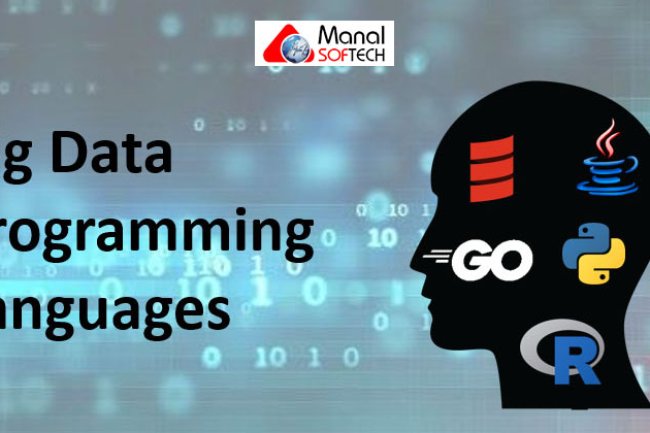Choosing a Database: SQL vs. NoSQL - Decoding the Decision-Making Process

While SQL databases offer a structured and reliable approach to data storage, it's important to note that the choice between SQL and NoSQL is not one-size-fits-all. NoSQL databases have their own set of strengths and advantages, particularly in scenarios where data is rapidly changing or where flexible data models are required.
In the realm of software development, one of the most pivotal decisions that can shape the trajectory of a project is the choice of database technology. This decision hinges on a myriad of factors, including the nature of the project, data requirements, scalability goals, and even the development team's familiarity with the technology. In this blog, we delve into the reasons behind opting for a SQL database over a NoSQL database for a project, shedding light on the thought process that guides this critical decision.
Understanding SQL and NoSQL Databases: The Basics
Before we embark on our exploration, let's briefly define SQL and NoSQL databases.
SQL (Structured Query Language) Databases:
SQL databases are known for their structured and organized data storage. They use a schema to define the structure of the data and employ tables with rows and columns to store information. SQL databases excel in maintaining data integrity, ensuring that data is stored in a consistent and structured manner. Popular examples include MySQL, PostgreSQL, and Microsoft SQL Server.
NoSQL (Not Only SQL) Databases:
NoSQL databases are designed to handle unstructured or semi-structured data. They offer flexibility in data modeling and storage, making them particularly suitable for projects with evolving data requirements. NoSQL databases can be categorized into various types, including document-oriented, key-value, column-family, and graph databases. Examples include MongoDB, Redis, and Cassandra.
Reasons for Choosing SQL Over NoSQL:
1. Data Consistency and Integrity:
When data integrity and consistency are of paramount importance, SQL databases shine. The predefined schema enforces strict rules on data entry, ensuring that only valid and correctly formatted data is stored. This is crucial for projects that involve financial transactions, e-commerce platforms, and applications that require strong data governance.
2. Complex Queries and Reporting:
SQL databases excel in handling complex queries and generating comprehensive reports. The structured nature of data and the ability to define relationships between tables make it easier to perform advanced queries and aggregations. This is advantageous for projects that require in-depth analytics and business intelligence.
3. ACID Transactions:
SQL databases adhere to the ACID (Atomicity, Consistency, Isolation, Durability) properties, which guarantee that transactions are processed reliably even in the face of failures. This level of transactional support is essential for applications that require guaranteed data integrity and recoverability.
4. Established Ecosystem and Expertise:
SQL databases have been in use for decades, resulting in a mature ecosystem of tools, libraries, and resources. Developers and database administrators often have a wealth of experience with SQL databases, making it easier to troubleshoot issues and optimize performance.
5. Regulatory Compliance:
Industries such as finance, healthcare, and government often have strict regulatory requirements for data storage and management. SQL databases, with their ability to enforce data consistency and security, can be a preferable choice when compliance with regulations is a critical consideration.
Ultimately, the decision between SQL and NoSQL hinges on a careful evaluation of the project's requirements, goals, and constraints. By understanding the nuances of each type of database and considering factors such as data structure, query complexity, and expertise of the development team, you can make an informed decision that paves the way for a successful and scalable project.
What's Your Reaction?















